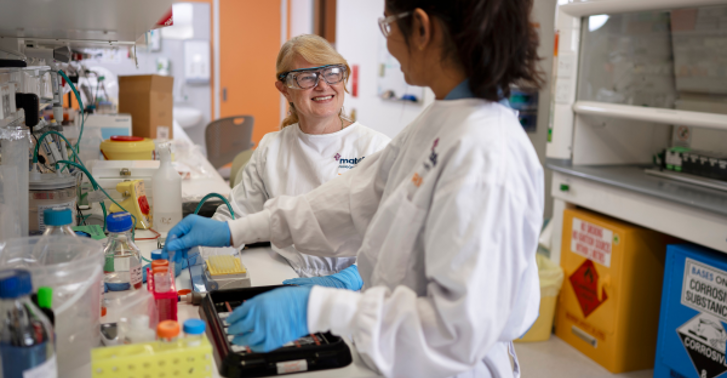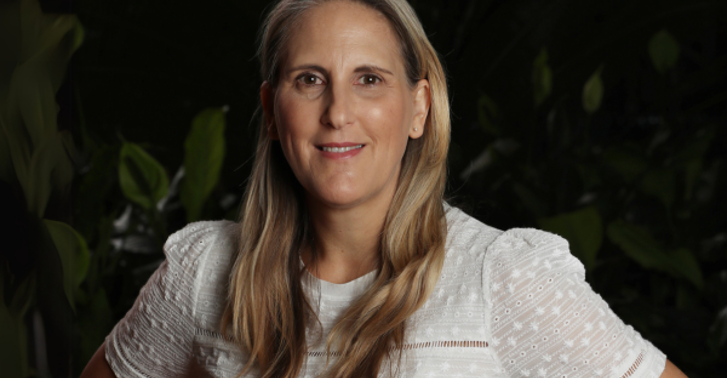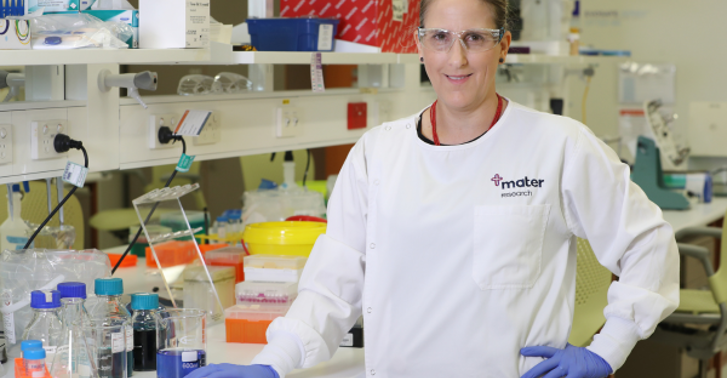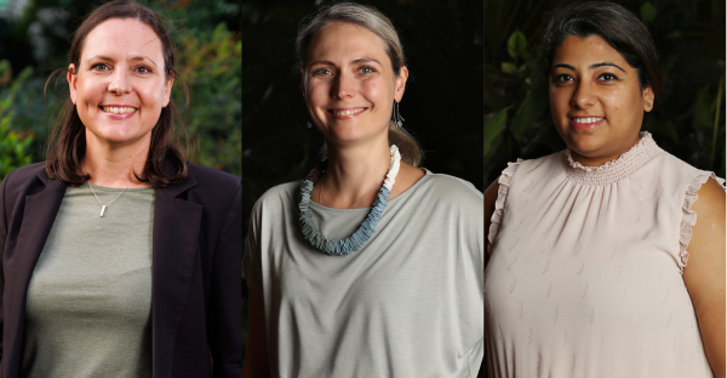Bones and Immunology Research
The Bones and Immunology Research Group discovered and continues to characterise osteal macrophages (osteomacs) - a specialised tissue resident macrophage population in bone-lining tissues. Since the group’s first landmark publication in this area in 2008, they have published 18 related studies cementing the role of osteomacs in bone biology, pathology and repair.
The group have found that osteomacs can be therapeutically targeted to improve bone healing and are focused on developing therapies that can improve bone healing outcomes with a goal to reduce morbidity and costs associated with fragility fractures due to osteoporosis.
In collaboration with other Mater Researchers, they have also made integral contributions to the discovery that macrophages play a vital role in blood stem cell niches in the bone marrow and are continuing to uncover the functional and molecular contributions of macrophages to these niches, particularly to their recovery post-bone marrow transplantation.
The group is currently focused on characterising distinct macrophage populations within the bone, bone marrow, and spleen, with the aim of harnessing their potential for tissue regeneration. Their goal is to translate these findings into strategies that enhance the safety of cancer treatments—particularly by mitigating bone marrow toxicity.
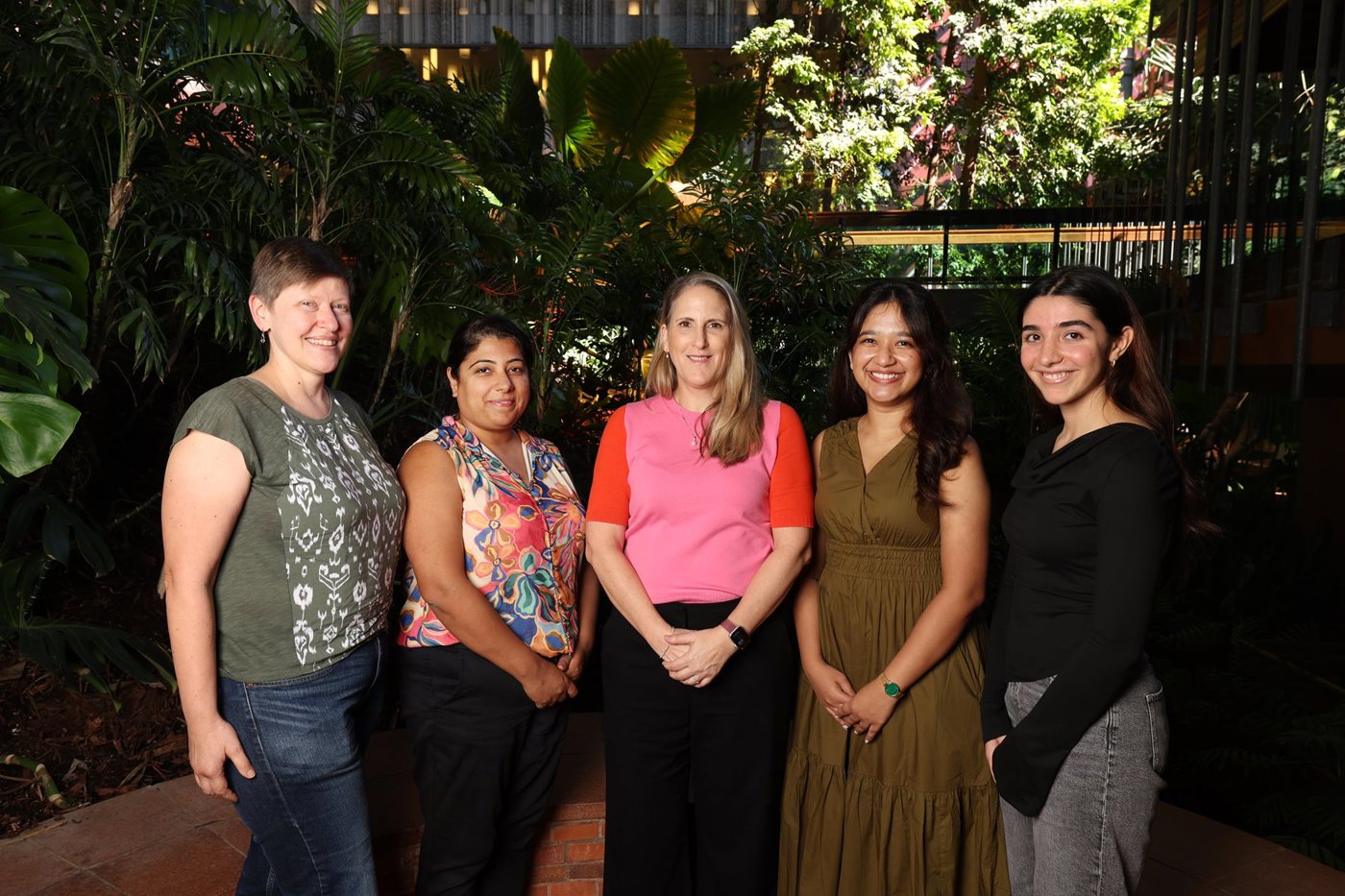
Group Leader
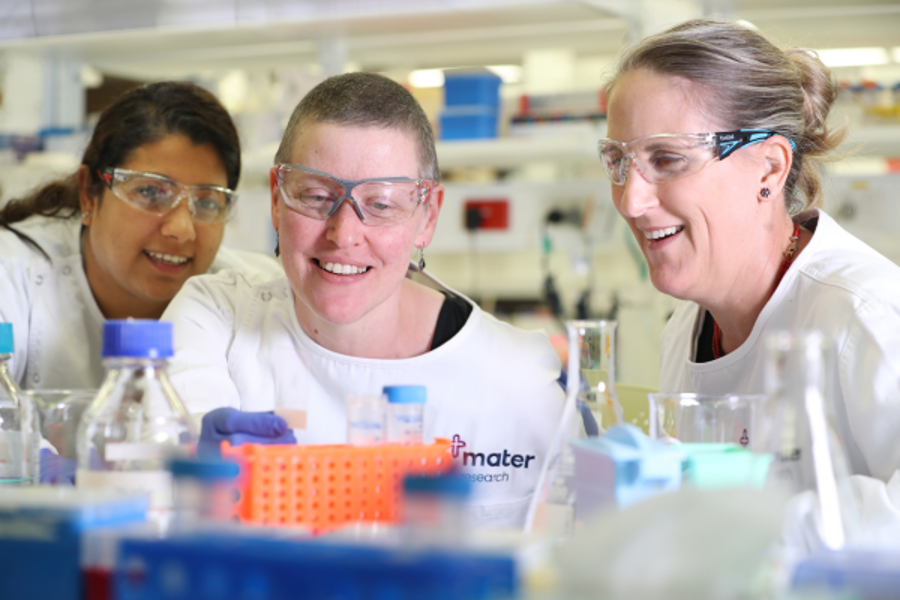
Group members
Professor Allison Pettit is supported by group members and student researchers:
- Fang Ming Choo
- Dr Simranpreet Kaur
- Dr Susan Millard
- Jintao Guo
- Shuiyuan Yu

